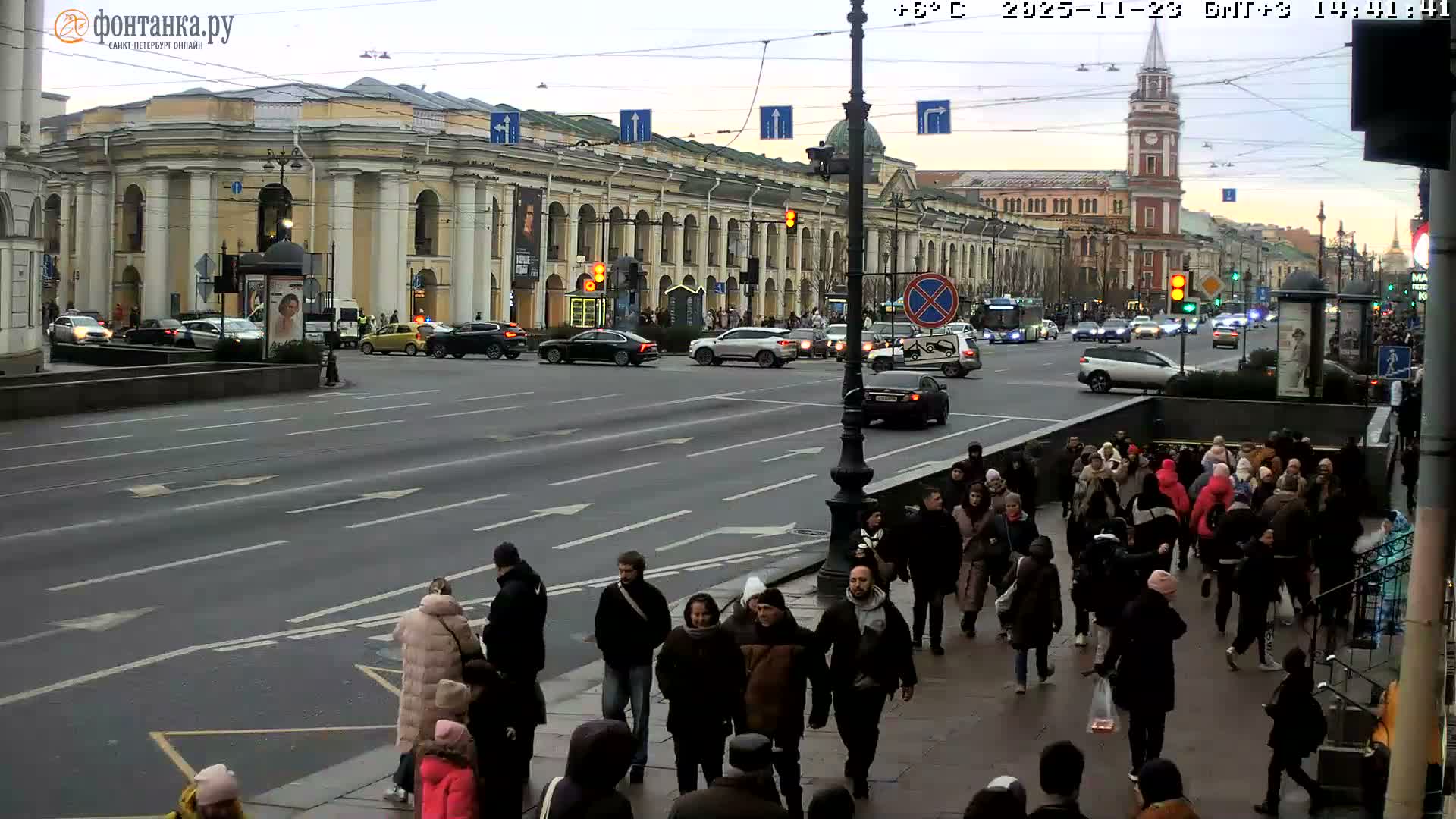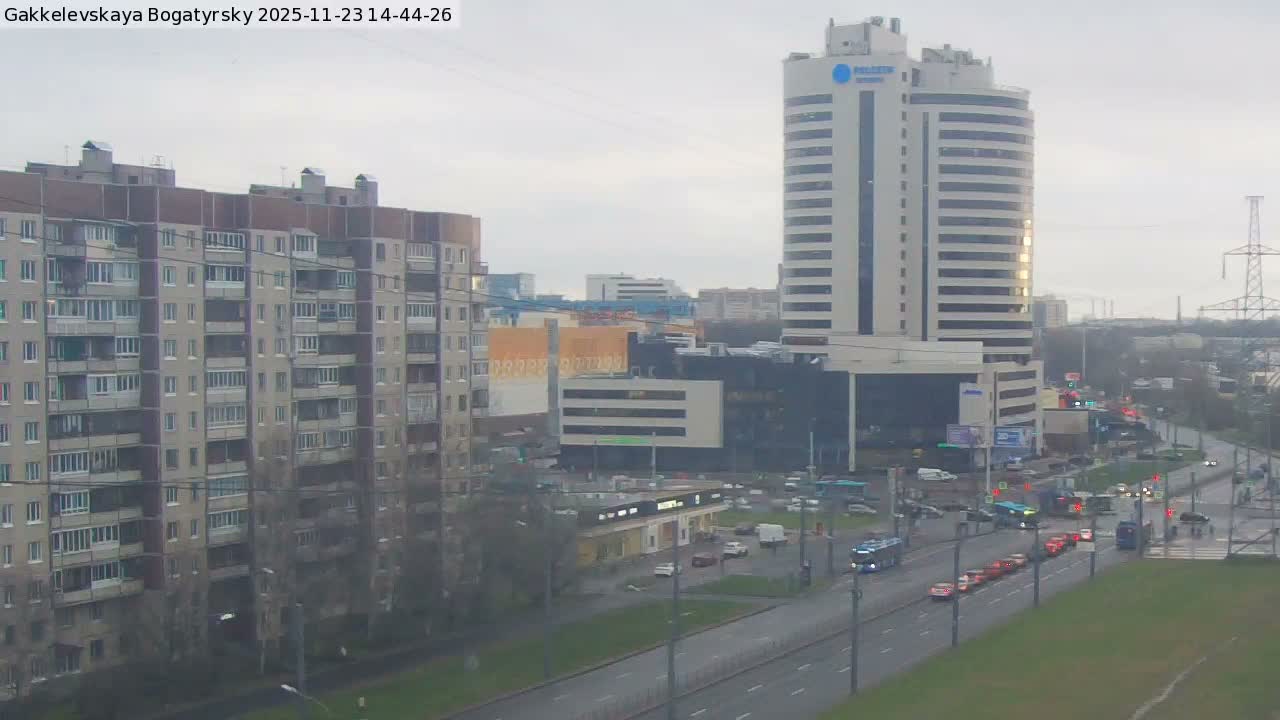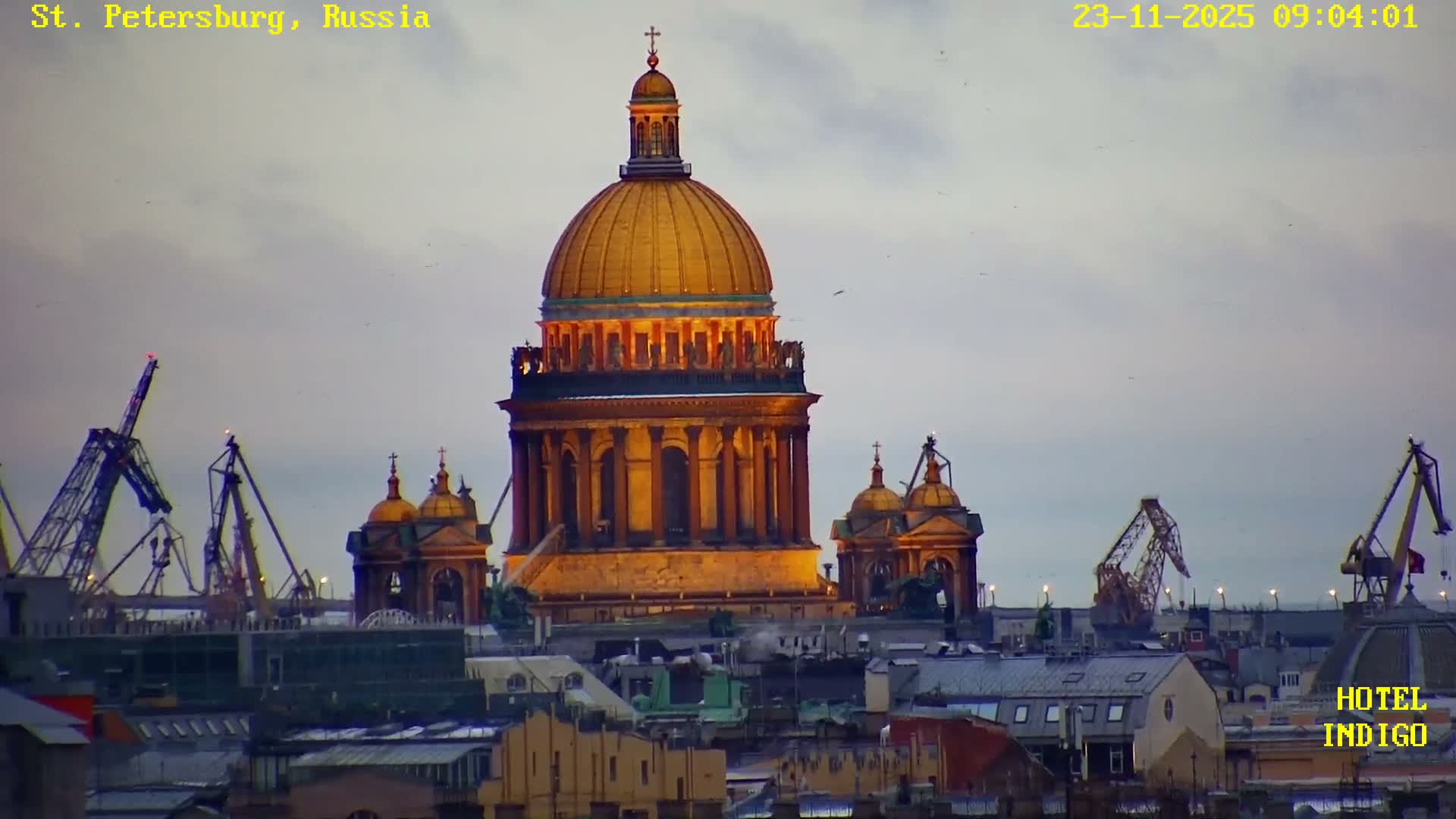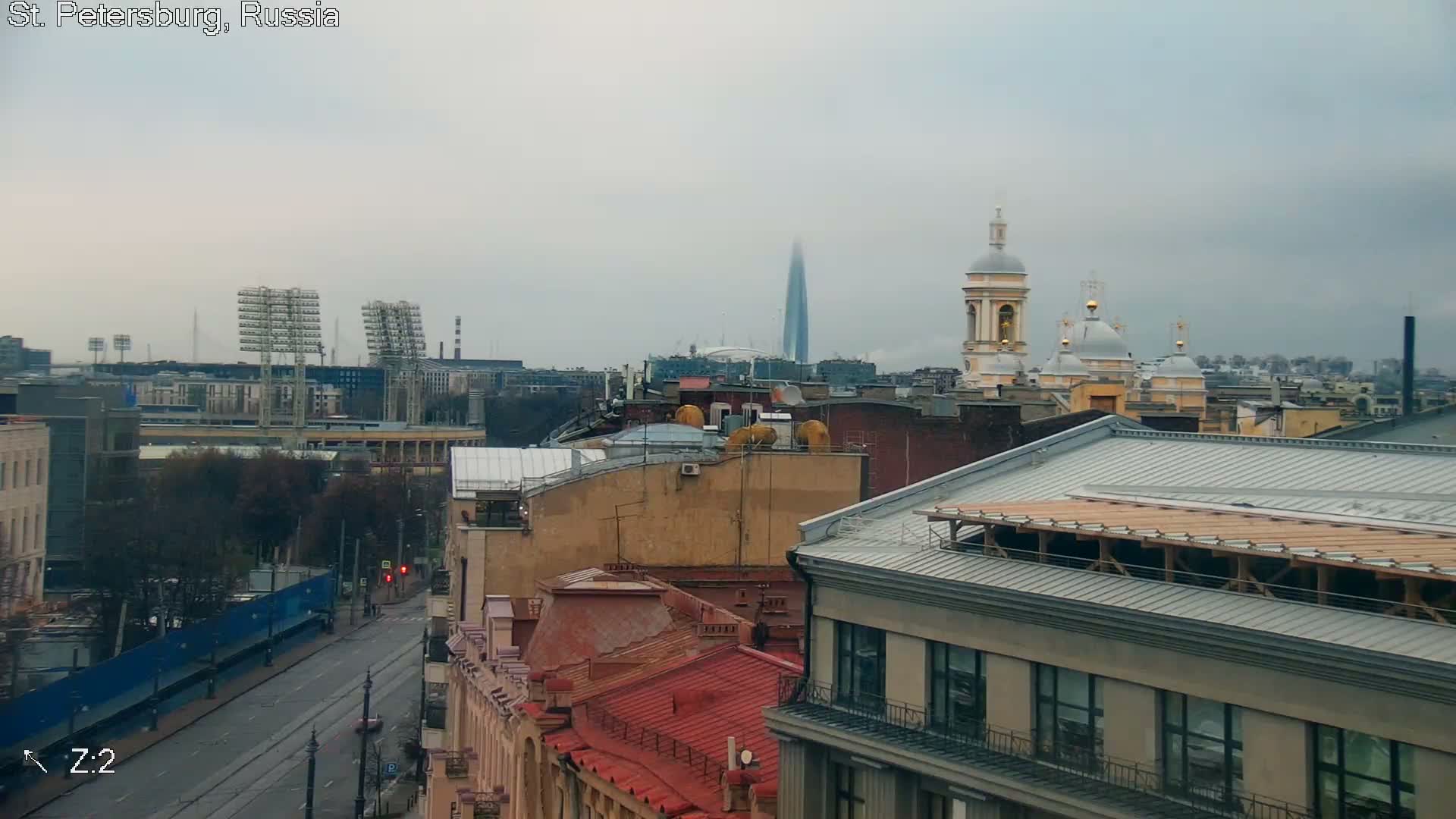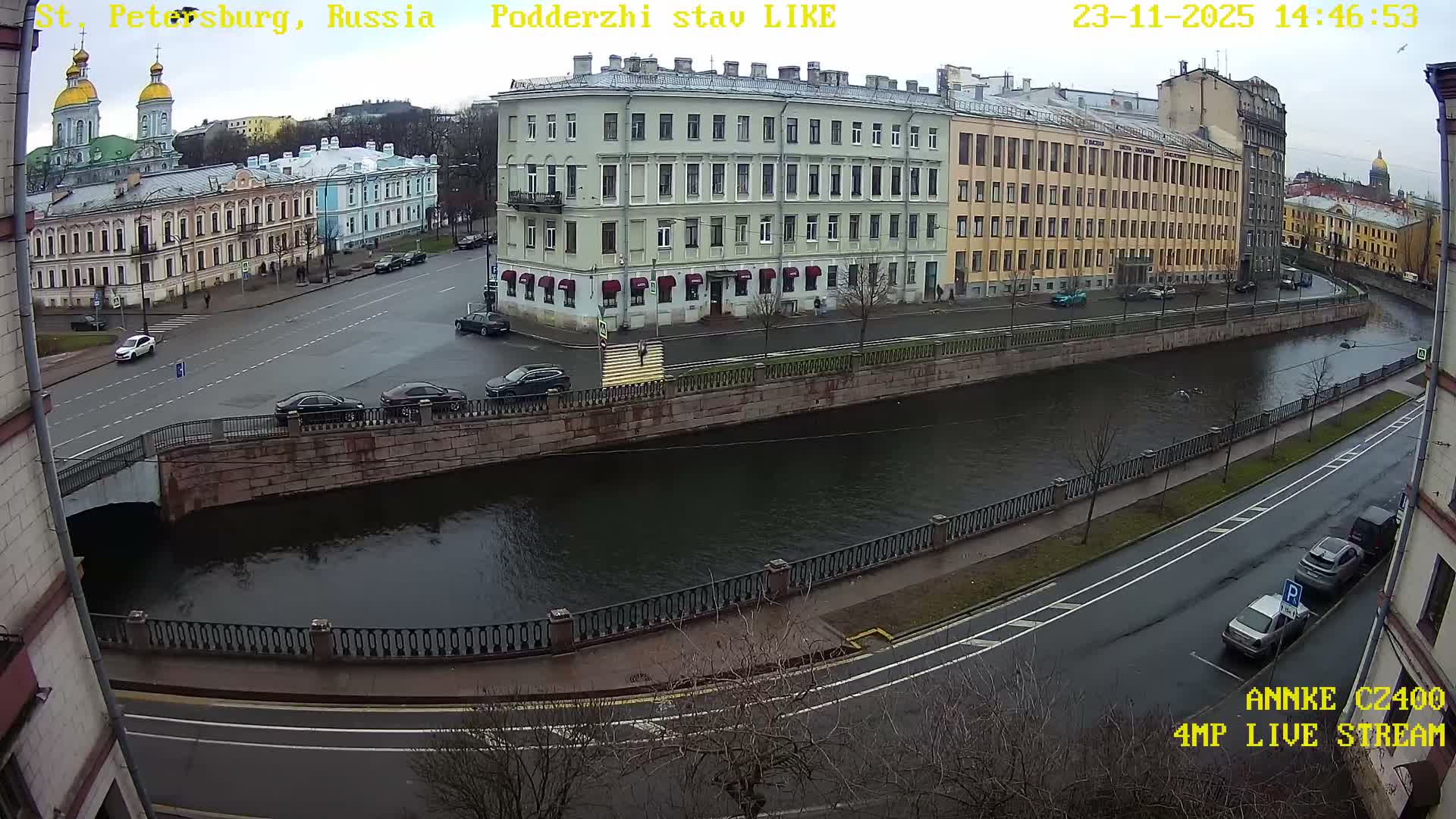Putin Signals Acceptance of US Peace Plan for Ukraine, Warns of Further Advances if Kyiv Refuses
 Russia
Geopolitics
Russia
Geopolitics
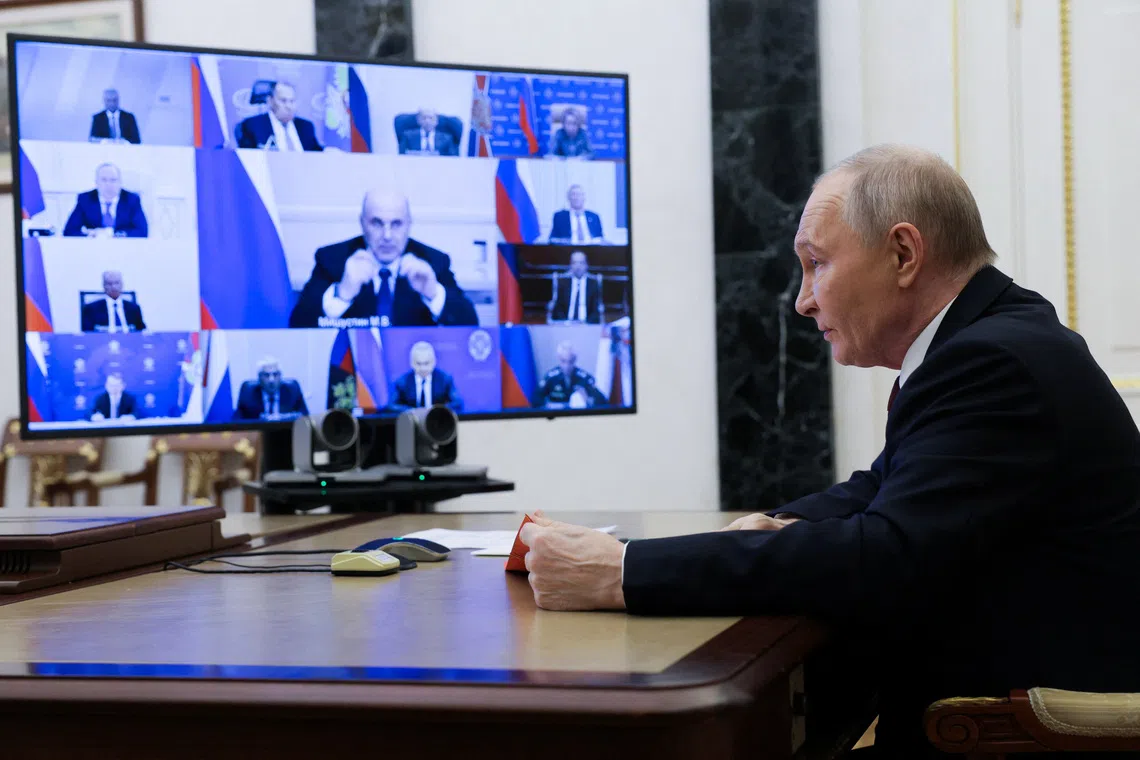
Russian President Putin stated a US peace plan for Ukraine could be a resolution basis, but warned of further advances if Kyiv rejects it. The plan reportedly a
Putin Considers US Peace Plan for Ukraine, Warns of Continued Advances if Kyiv Rejects
Russian President Vladimir Putin announced on Friday, November 22, 2025, that a peace proposal from the United States could potentially form a solid foundation for resolving the ongoing conflict in Ukraine. However, his statement carried a stark warning: if the Ukrainian capital, Kyiv, chooses to reject this plan, Russian forces are prepared to intensify their military operations and advance further into Ukrainian territory.
The US Peace Initiative and Russian Demands
The U.S. peace initiative, reportedly spearheaded by President Donald Trump, sets a deadline for Ukraine to accept its conditions by Thursday. This comprehensive plan is understood to address significant Russian demands, including aspects related to NATO's positioning, existing territorial control, and the recognition of regions currently administered by Russia.
During a high-level session of the Russian Security Council – an influential assembly of Russia's most powerful officials – Putin affirmed, "I believe that it can be used as the basis for a final peaceful settlement." He also noted that while Moscow had received a copy of the 28-point proposal, detailed discussions with the United States on its contents had not yet taken place.
Kyiv's Opposition and Ground Realities
Putin further elaborated that Ukraine is against the proposed plan, suggesting that neither Kyiv nor various European powers fully comprehend the evolving military situation. He underscored that Russian forces are consistently making headway in Ukraine and will maintain their offensive unless a peace agreement is successfully negotiated.
Currently, Russia holds sway over just over 19% of Ukrainian landmass, approximately 115,500 square kilometers, representing a modest one percentage point increase over the last two years. Moscow's strategic objectives remain focused on securing complete control over the Donbas region, which encompasses key areas such as Donetsk and Luhansk, in addition to the entire territories of Kherson and Zaporizhzhia.
Zelenskiy's Dilemma and Russian Compromises
On the same Friday, Ukrainian President Volodymyr Zelenskiy outlined the profound predicament facing his nation: a choice between compromising its sovereignty and freedom, or risking the loss of crucial support from Washington if it accepts the U.S. peace plan.
Putin disclosed that preliminary discussions concerning Trump's peace framework occurred prior to their August summit in Alaska. He indicated that Moscow had already made certain compromises as requested by Washington. "The U.S. administration has so far failed to secure the consent of the Ukrainian side. Ukraine is against it," Putin reiterated, highlighting the ongoing impasse.
Warning of Escalation and Openness to Dialogue
In a strong assertion of recent military achievements, Putin stated that Russian forces had gained almost full control of Kupiansk, a strategically vital city in northeastern Ukraine, by November 4, a claim that Kyiv has denied. He warned that such territorial gains would inevitably escalate if Ukraine persists in rejecting the U.S. proposal.
"If Kyiv does not want to discuss President Trump's proposal and refuses to do so, then both they and the European warmongers should understand that the events that took place in Kupiansk will inevitably be repeated in other key sectors of the front," Putin declared. He added a pragmatic note, stating, "And in general, that works for us." Despite these assertive remarks, Putin concluded by affirming his ongoing openness to engaging in peace discussions.

